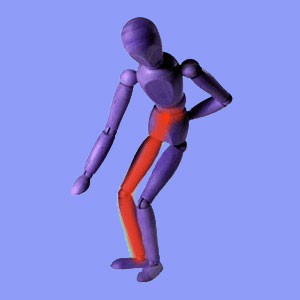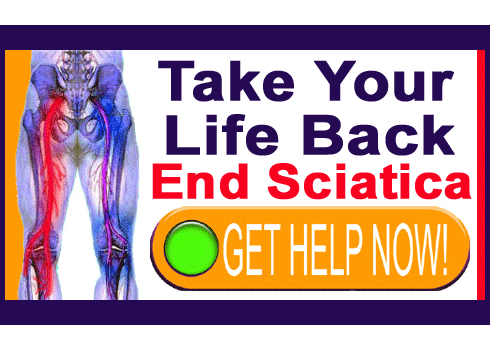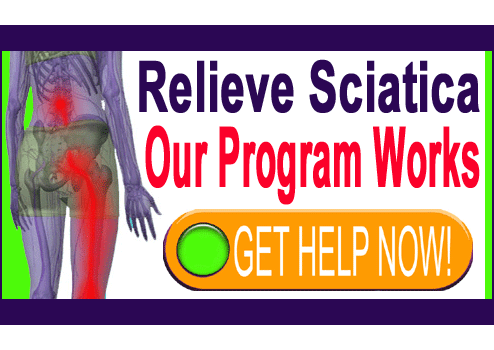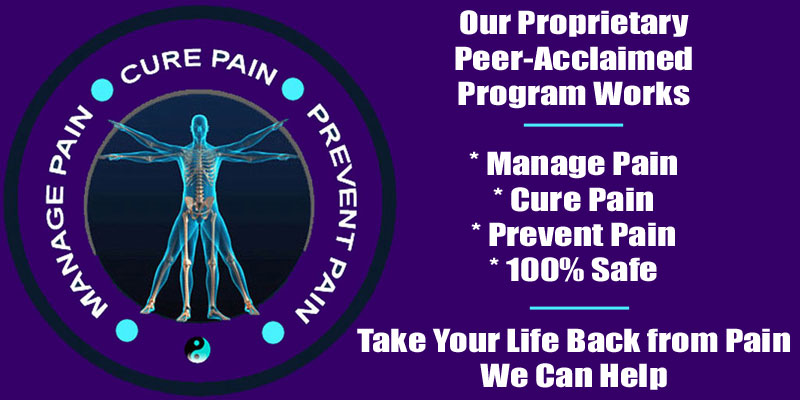
Sciatica medication is often prescribed regardless of whether a positive diagnosis of the symptomatic cause is made or not. Drugs are indeed the fix-all of modern medicine. The western world is pharmaceutically-obsessed and it is no surprise that sciatica drugs remain the most common and popular treatment option of all. Unfortunately, while large drug companies make billions, most patients do not realize one simple truth: Sciatica drugs will never cure the condition and can only provide symptomatic relief, which must be continued long-term in order to remain effective.
This is actually the good news. It all goes downhill from here…
Types of Sciatica Medication
The typical medications prescribed for sciatic nerve pain are analgesics, anti-inflammatories and muscle relaxants:
The same analgesics are used for virtually all back pain diagnoses, regardless of the suspected source, and typically include hydrocodone, tramadol, and oxycodone.
Anti-inflammatories are used frequently, despite the fact that the vast majority of sciatica sufferers demonstrate no inflammation whatsoever. The most commonly recommended is certainly naproxen.
Muscle relaxants are often utilized regardless of whether there are spasms or not and the most commonly advised include carisoprodol, cyclobenzaprine hydrochloride and metaxalone.
In some cases, specific nerve pain drugs are also prescribed.
Sciatica Medication Facts
Medication does not have inherent curative abilities for sciatica. It simply makes living with the pain a bit easier. Some patients do not understand this simple fact and are floored when they take drugs for months or years without the pain ever resolving. They finally ask their doctor why they still have pain and then they finally receive the explanation about symptomatic treatment they should have been told on day one. This type of behavior disgusts me and I am always shocked that more doctors do not take the time to explain the limitations of drug therapy to their patients.
Additionally, I rarely hear patients tell of any conversation with their physician about the many risks of prescription and OTC drugs. Of course, all of these warnings are clearly posted on the bottle or insert, but it would be nice if the doctor also took enough interest to have a conversation with their patients and discuss the possible alternatives to the same pills which are known to cause internal organ damage, addiction and death.
Sciatica Medication Cautions
It has been a tough time for me to get the message out about the dangers of drugs and the long-term health consequences of their use. Most patients simply will take whatever their doctor will give them and ask no questions at all. These are the same patients who are shocked when they are suddenly told that they have liver damage or blood damage and require emergency intervention. These are also many of the same who end up in addiction programs as their lives spiral out of control. What a shock. How did that happen? Here, it is really simple:
Drugs are bad for you.
Try not to get involved with ongoing pharmaceutical therapy if possible. There are other means of pain management, such as acupuncture or TENS, which may be healthier and less risky. Most of all, never stop looking for that real cure, as opposed to simply agreeing to become a slave to the pharmaceutical products which may be slowly killing you.




